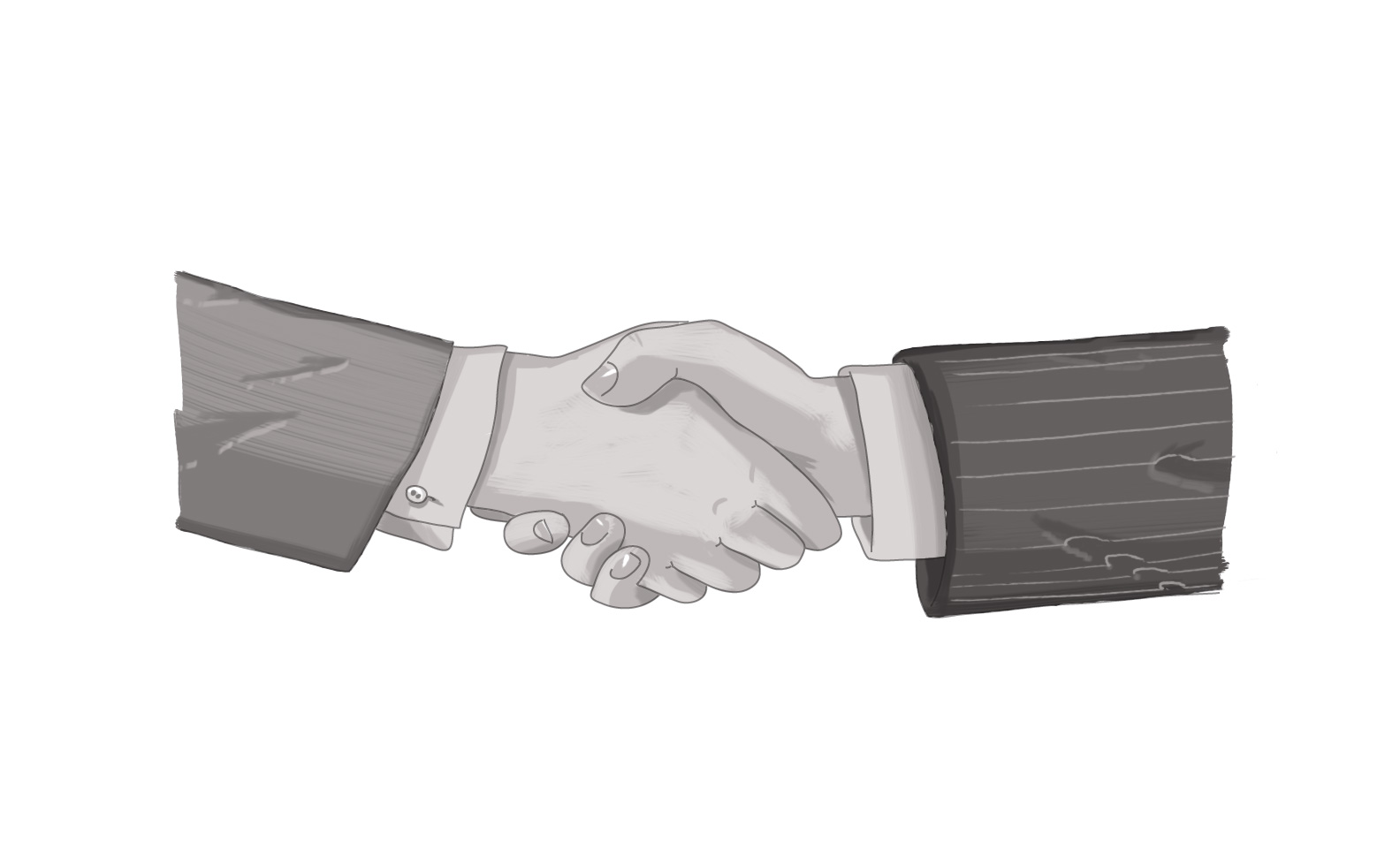Islandora and Drupal: Part Two of an Interview with Mark Leggott

Digital Echidna will be attending Islandoracon 2017 in Hamilton, ON from May 15-19th. As we prepare, we’re pleased to present part two of a three-part interview with Islandora’s founder, Mark Leggott -- currently the Executive Director at Research Data Canada, part of CANARIE.
Today’s focus? The intentional divisions between Islandora and Drupal and the role that Drupal shops, like Digital Echidna, can play in the technology’s future.
ECHIDNA: I read an earlier interview with you where you stated that one of the Core principles of Islandora is the separation of data from presentation. There seems to be a greater integration on how do we take that data and present it -- and that’s where Drupal comes in. Do you see that as being a natural marriage of Islandora and Drupal -- obviously understanding that Islandora was build on a foundation of Drupal. Do you see that as being the key integrative piece?
LEGGOTT: “Yes. The separation of concerns with the data and metadata in Fedora and presentation of that content at the Drupal layer was a very critical and key design choice. It sometimes results in experienced Drupal people feeling uncomfortable in the Islandora context because it doesn’t just allow them to throw in a Drupal module.
"Having said that, in early days of Islandora, we did a quick experiment to put WP on top of Fedora 3, just by writing a few WP-type modules. We were able to show fairly quickly that philosophy was sound. Even with the very first release of Fedora 4, we had a functional Islandora interface on top of Fedora 4 that was completely different than components and API that we were able to pull together within a matter of days.
"That architectural decision was made based on the assumption that the software, the display layer in particular was going change fairly frequently, and even stuff like the indexing engine and those types of things -- but the data layer would be relatively immutable in terms of RDF, XML, and binary content. So that’s why I thought that was such an important decision and it would facilitate downstream migration decisions. I think it’s been a critical component in the Islandora system.”
ECHIDNA: Where do you see the role and value of non-Islandora-specific, but Islandora-aware organizations, like Digital Echidna, to the Islandora community?
LEGGOTT: "I think it would be on a few fronts. One would just be building the community by encouraging adoption in the use case and the business case. There are a lot more Drupal shops than Islandora shops for sites. The more Drupal shops that recognize the advantage of that separation of the layers, then the more of the promotion of the Islandora framework -- and that certainly one important aspect of organizations like Digital Echidna.
The other one is bringing the Drupal smarts -- and the knowledge of how to move from Drupal 7 to Drupal 8 and that complexity that comes. A lot of people say Fedora’s very complicated. Fedora’s very simple; Drupal’s very complicated. Having a shop that’s Drupal-savvy and can craft solutions, choose which of the 14 Drupal modules are the best fit for an organization is incredibly important. A lot of shops that use Islandora would benefit from using Drupal for just Drupally things without the without Fedora underpinnings that is collaborative-type stuff. Using a Drupal layer for those things that Drupal does well. Using a Drupal shop has the opportunity to hit the nerve on both sides -- both the UI layer and the preservation and access management layer.
It’s a pretty hefty and important combination that can build the community, but also the Drupal smarts and shops Drupal shops like yours can really show the value of having a system like Islandora. And also contribute back to the code -- with the CLAW development, one of the goals is to make it more Drupally so that strong Drupal developers won’t find it all that different to work in Islandora 8."
ECHIDNA: Your departure from Islandora, was it a positive experience?
LEGGOTT: "It was very positive in the sense that the community was very healthy. We had just held our first Islandora conference in Charlottetown. We had a nice healthy turnout of community leaders. I just partly wanted a change, but more so recognized that the community was very healthy and working very well and didn’t so much need me.
"It was a very quick decision and a quick removal of my role at the company, and the foundation, and the community. But I don’t think people noticed it too much. Because it was a self-perpetuating, diverse community of very talented people. As a founder just kind of faded into the background, which was just the perfect time to leave. It was very positive. I had good people who helped me to orchestrate a change, so that there was as little disruption as possible and it continues to be healthy.
Part three of the interview will focus on the decision to make Islandora open-source and where Leggott sees the future of open data, open science, and open-source technology.
Part one of the interview with Islandora's founder Mark Leggott -- The Early Days of Islandora.
What is the relationship between Islandora and Drupal?
SUBSCRIBE TO OUR E-NEWSLETTER
 Subscribe
Subscribe


